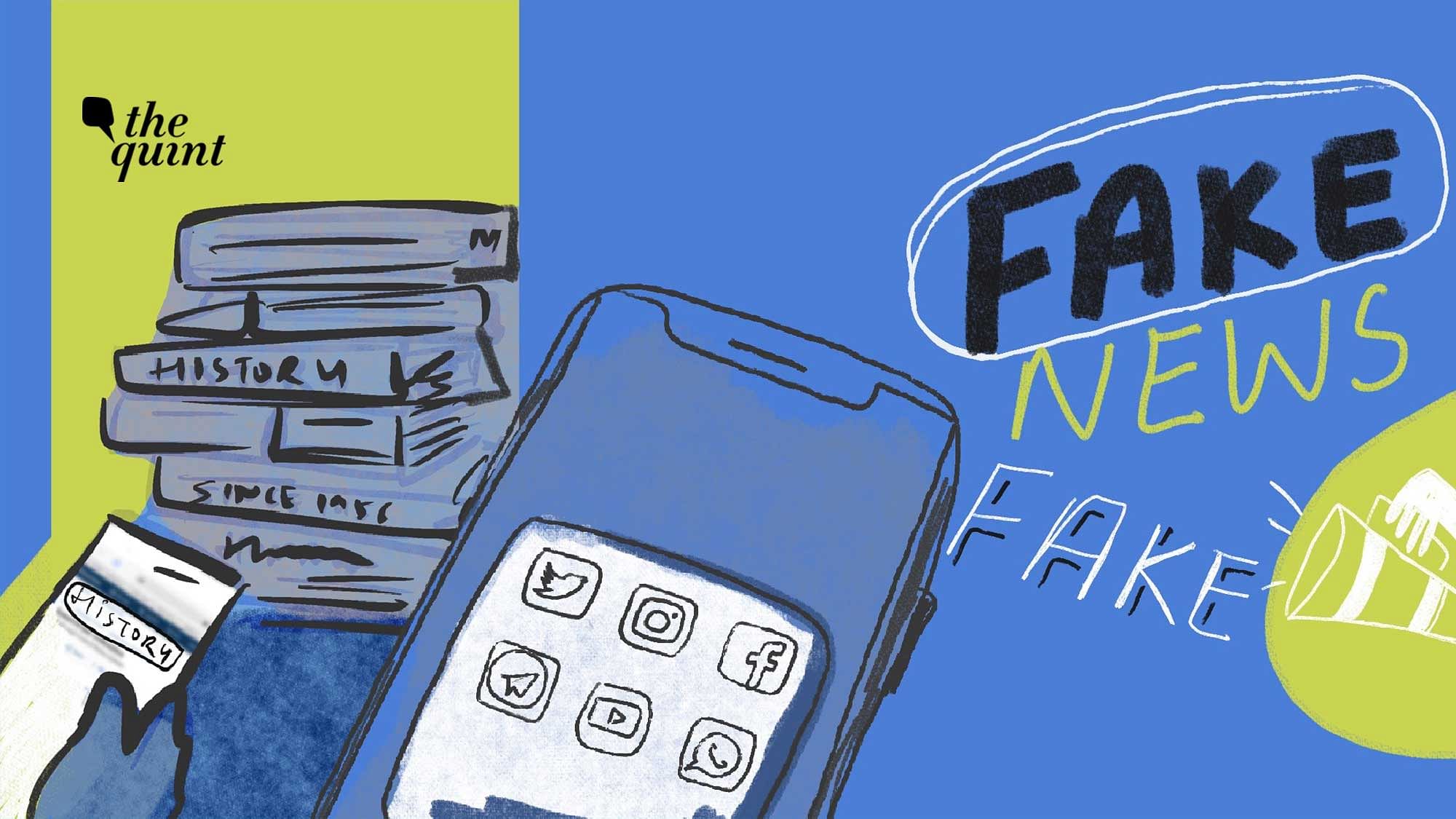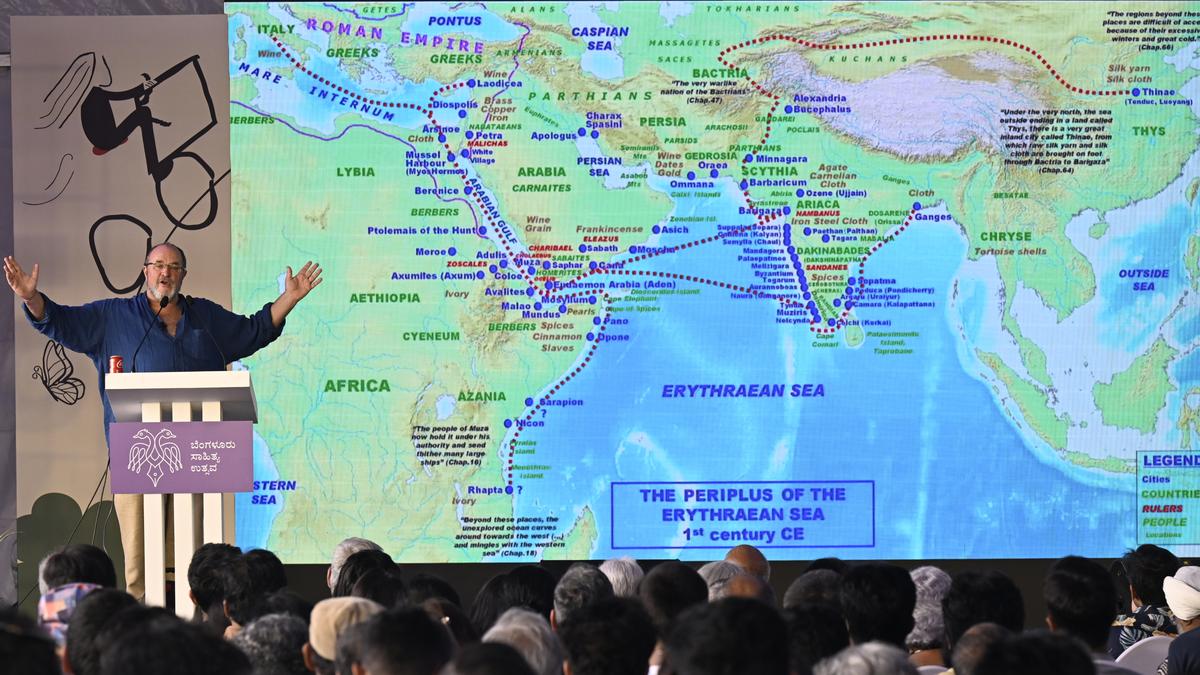
‘Indian numbers are arguably the nearest thing the world has to a universal language’
The HinduThe Silk Road, that network of trade routes connecting the East to the West and synonymous with the Chinese civilisation, is often thought of as the first truly global trade route in history because many believe that it played a pivotal role in the promulgation of various cultures, ideas, and, of course, goods like silk. No classical source According to him, the German geographer and traveller Ferdinand von Richthofen first coined the term Silk Road, “not any classical source.” He believes that while Indian ideas, Indian philosophy, Indian mathematics, and Indian art are among the crucial foundations of our world, more often than not, ancient Greece and China are touted as the most important sources of many critical existential answers as well as perceived wisdom. Roman coins That the Silk Road was the first thing that broke down “the silos of nationalistic history, connecting East and West, creating a narrative of globalisation centuries before we think globalisation takes place,” is a persistent one, says Dalrymple, sharing a map taken from one of the many books focusing on this ancient trading route. And yet, as another map he puts out depicting the presence of Roman coins across the world, including in places like Israel, Spain, France, Yemen and Afghanistan, indicates, “No Roman coin has ever been found in China,” he says, comparing this to India where vast quantities of these coins have been excavated, clearly proving that “Rome was the trading partner of India.” So active was the trade between Rome and India back then that Pliny, the Elder, the Roman writer, historian, naval commander and naturalist who died in 79 CE while trying to conduct a rescue operation during the deadly eruption of Mount Vesuvius, seems to have complained about the impact of this partnership on Rome’s economy and its people’s moral moorings. He also brings up an ancient Buddha statue discovered two years ago in a temple dedicated to the ancient Egyptian Goddess Isis, located in the port city of Berenike, “as multicultural an object as you ever imagine.” Sharing a picture of this statue, Dalrymple uses it to expand on the idea of India’s internationalism in the ancient world: the statue, largely Gandhāran in style, is carved in Alexandria, using marble from what is now modern Turkey to celebrate the arrival of a sea captain from India.
History of this topic

William Dalrymple: “This is a book about the diffusion of Indian ideas”
Hindustan TimesWilliam Dalrymple The Golden Road Book Review: Ancient India, Global Trade and Buddhism
The Hindu
The history book that will transform your view of early civilisation
The IndependentIndia is the base of the world’s civilisation, says William Dalrymple, author of The Golden Road: How Ancient India Transformed the World
The HinduDiscover Related


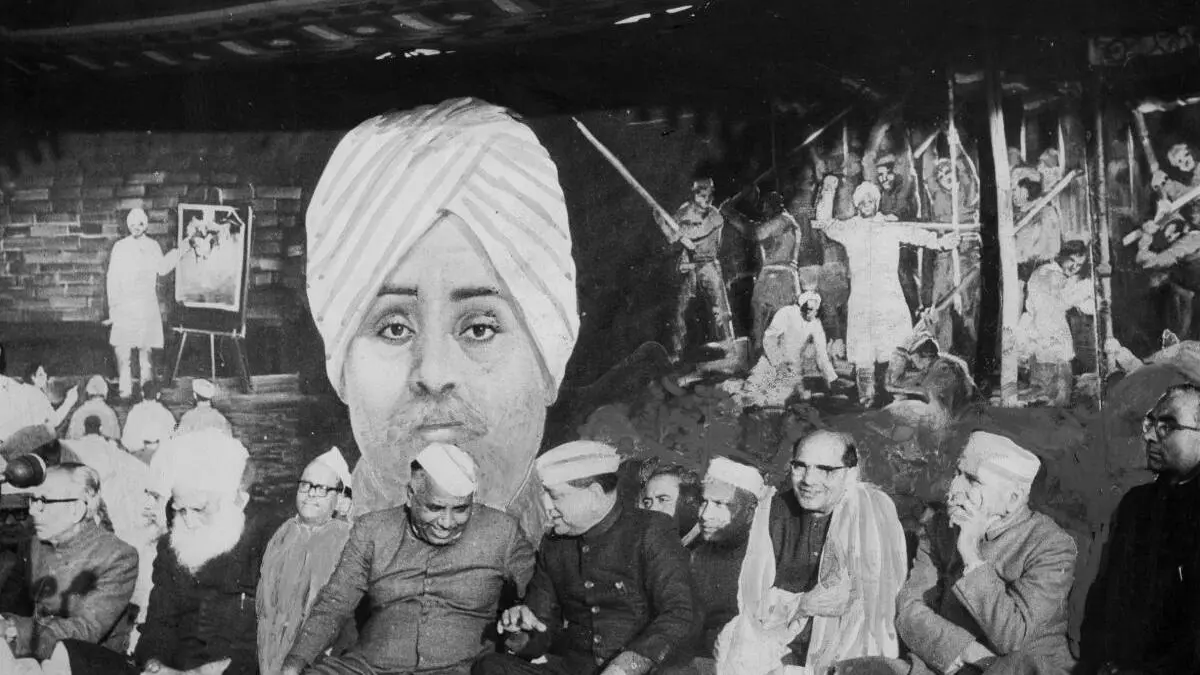





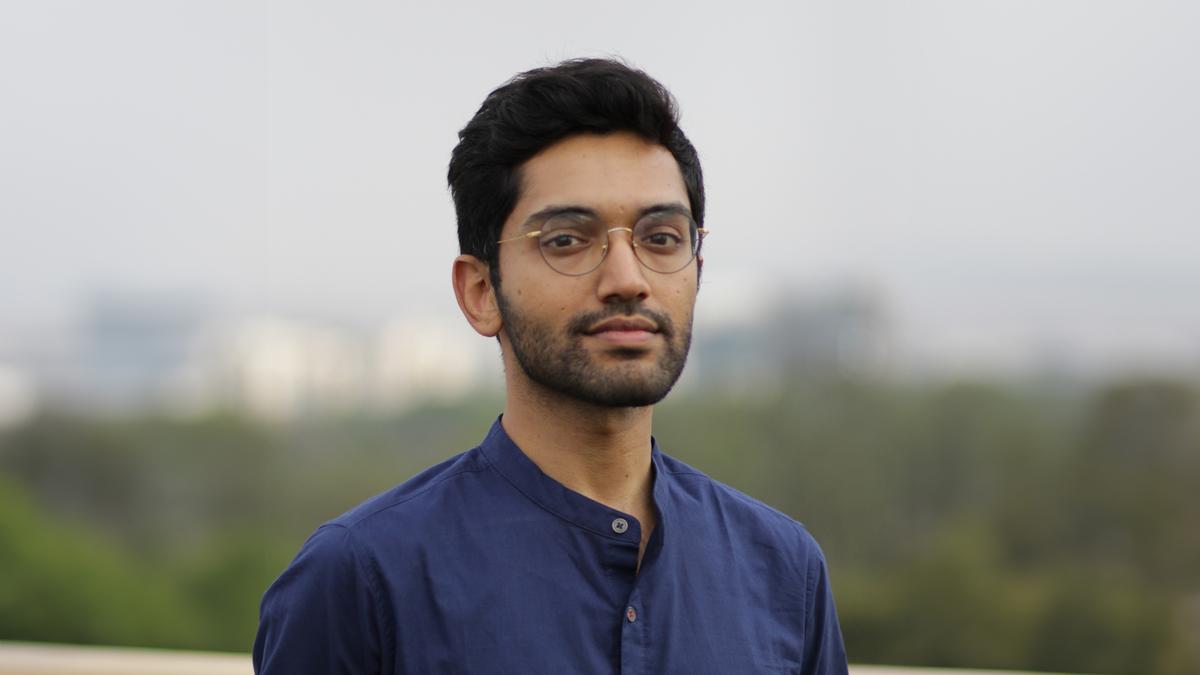
)
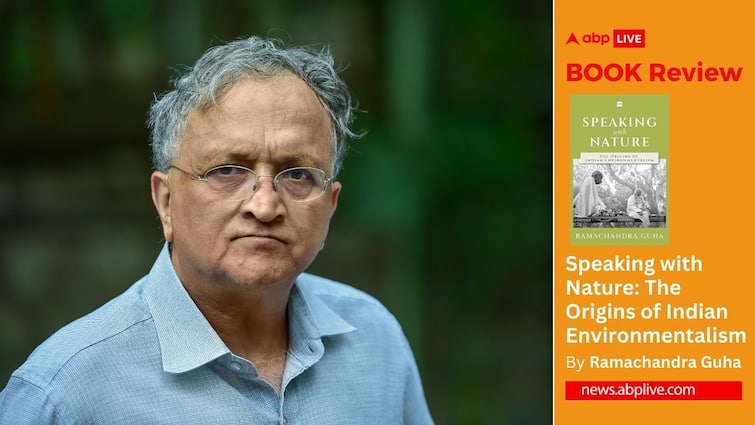





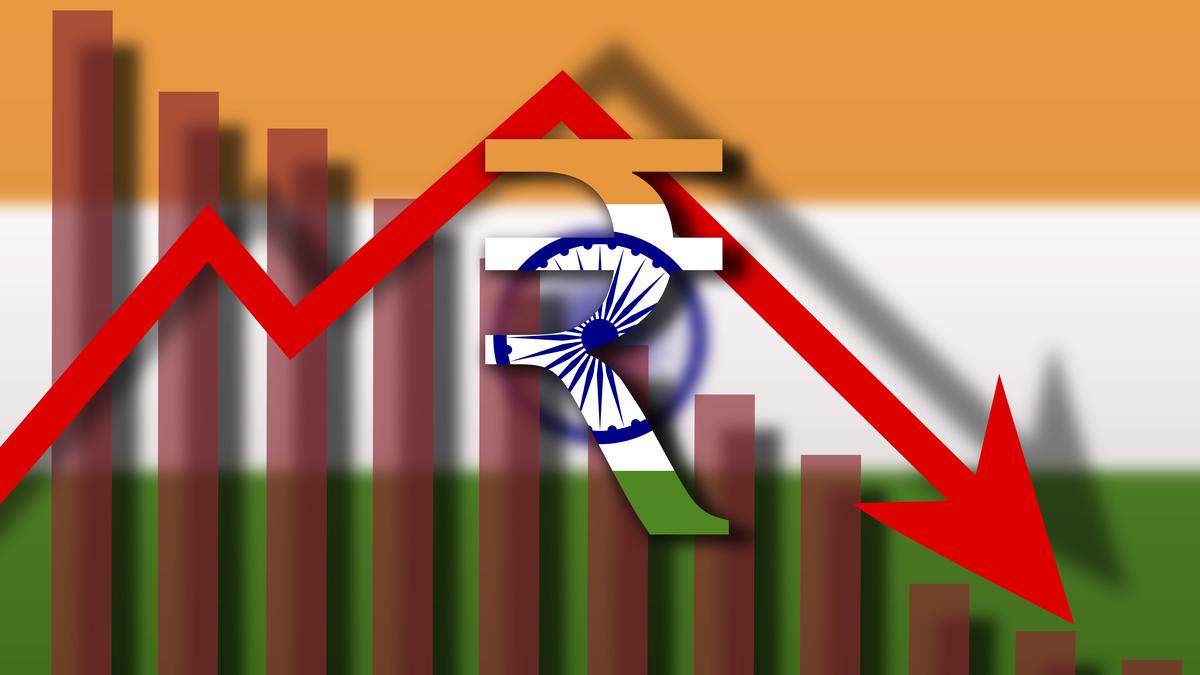



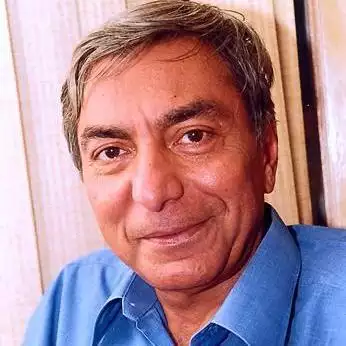




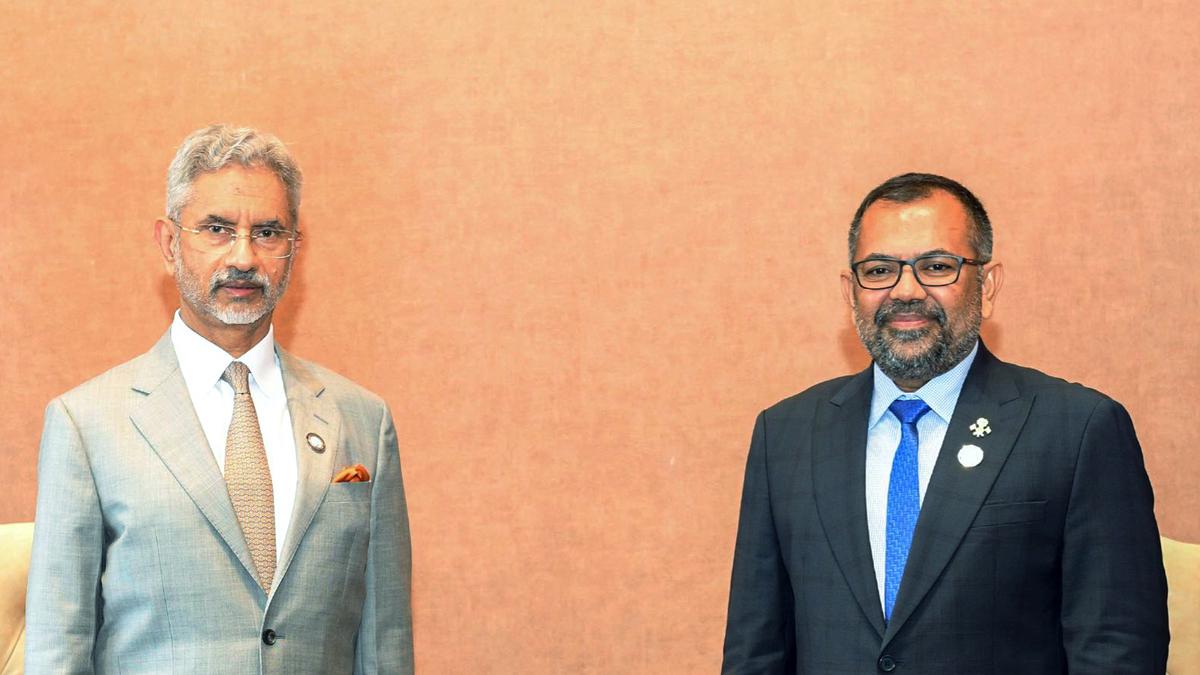
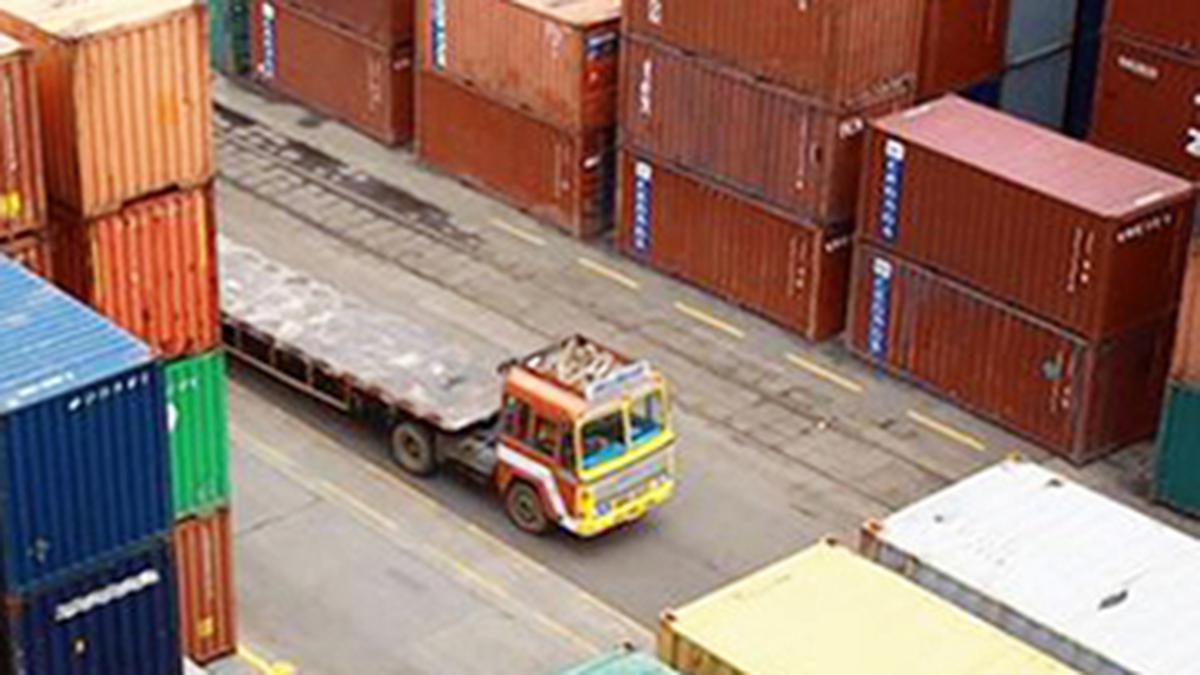






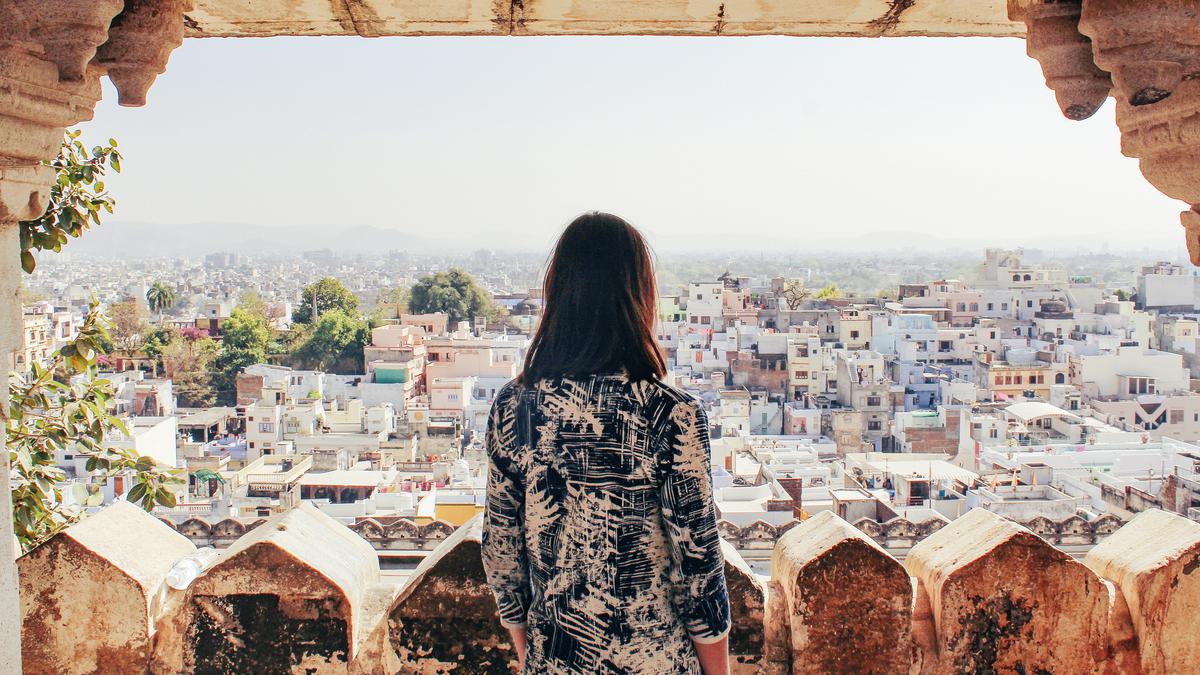

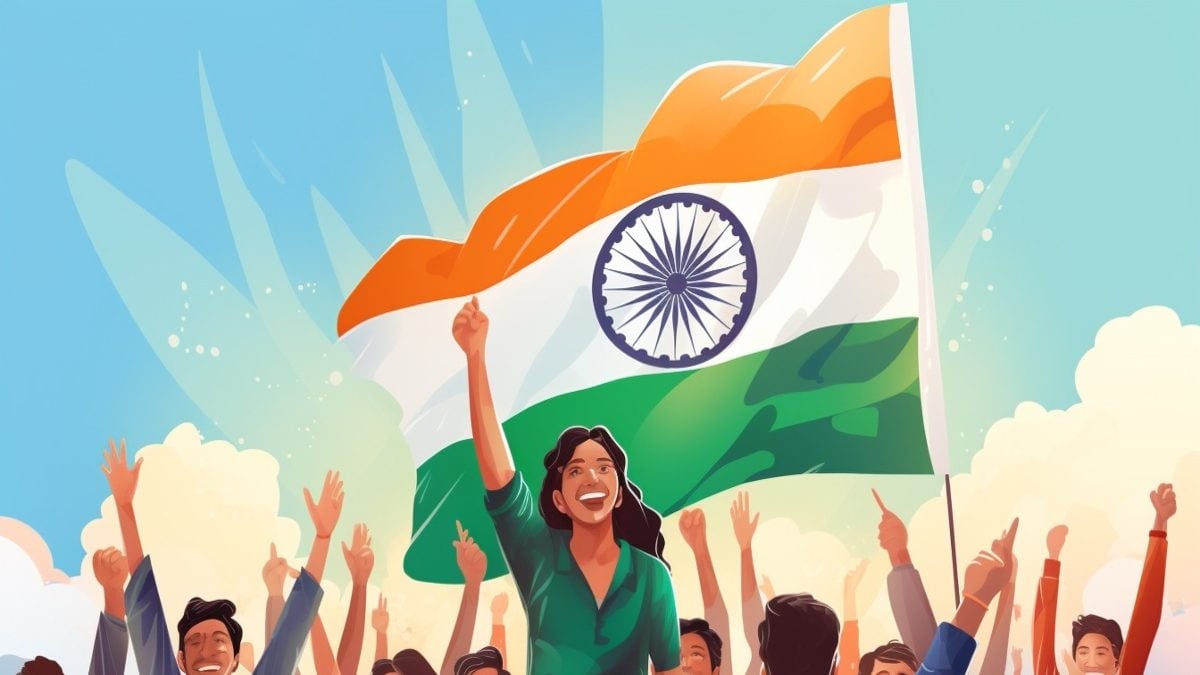

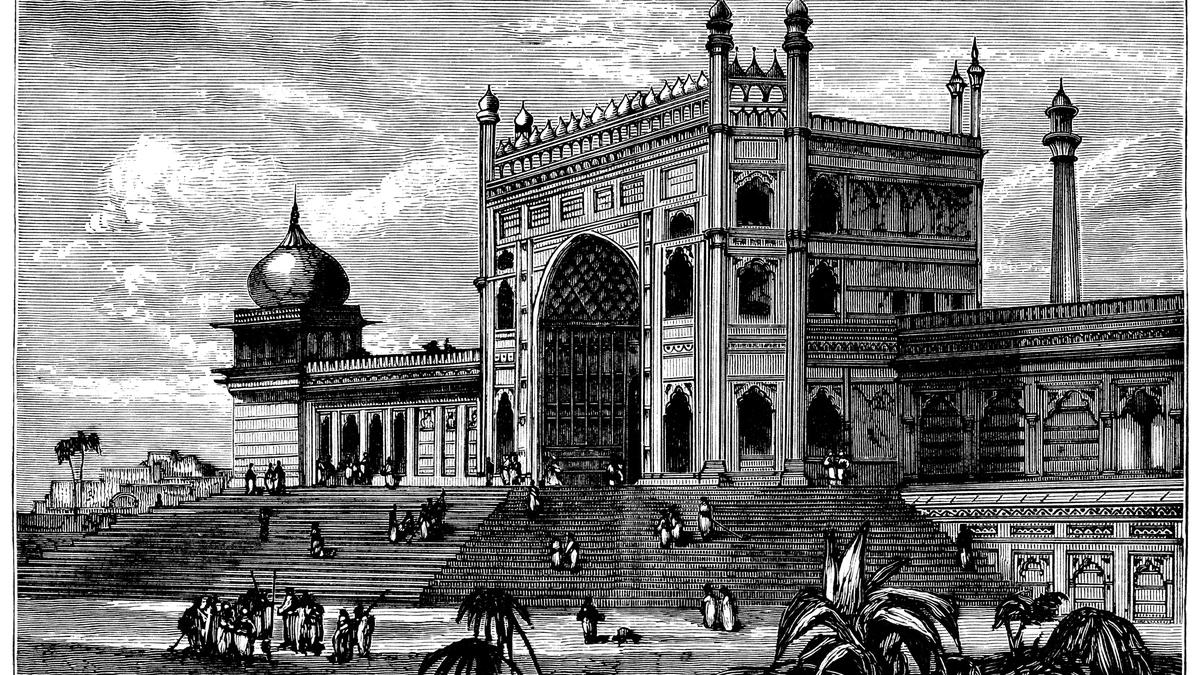
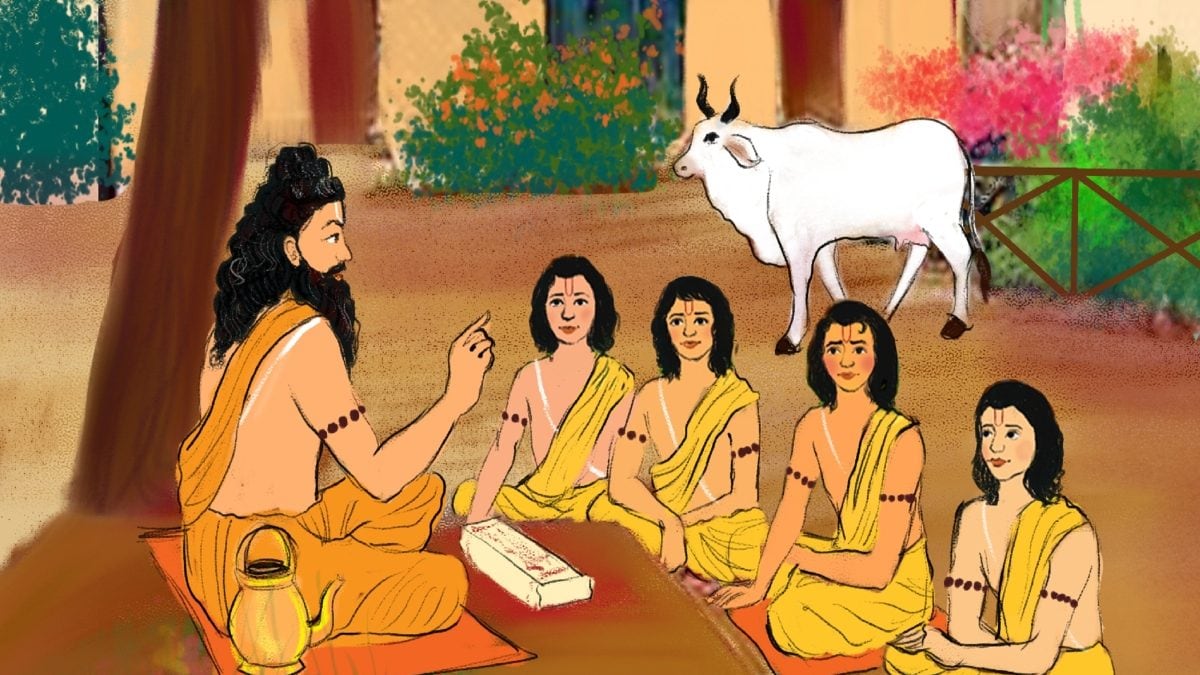
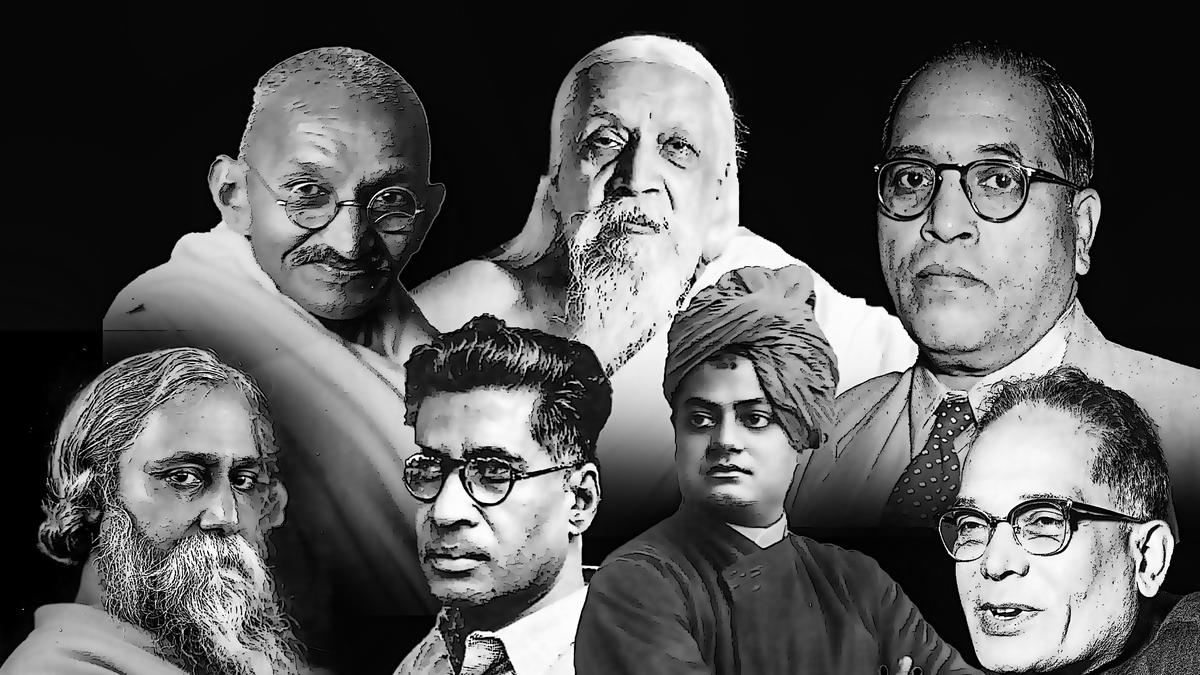
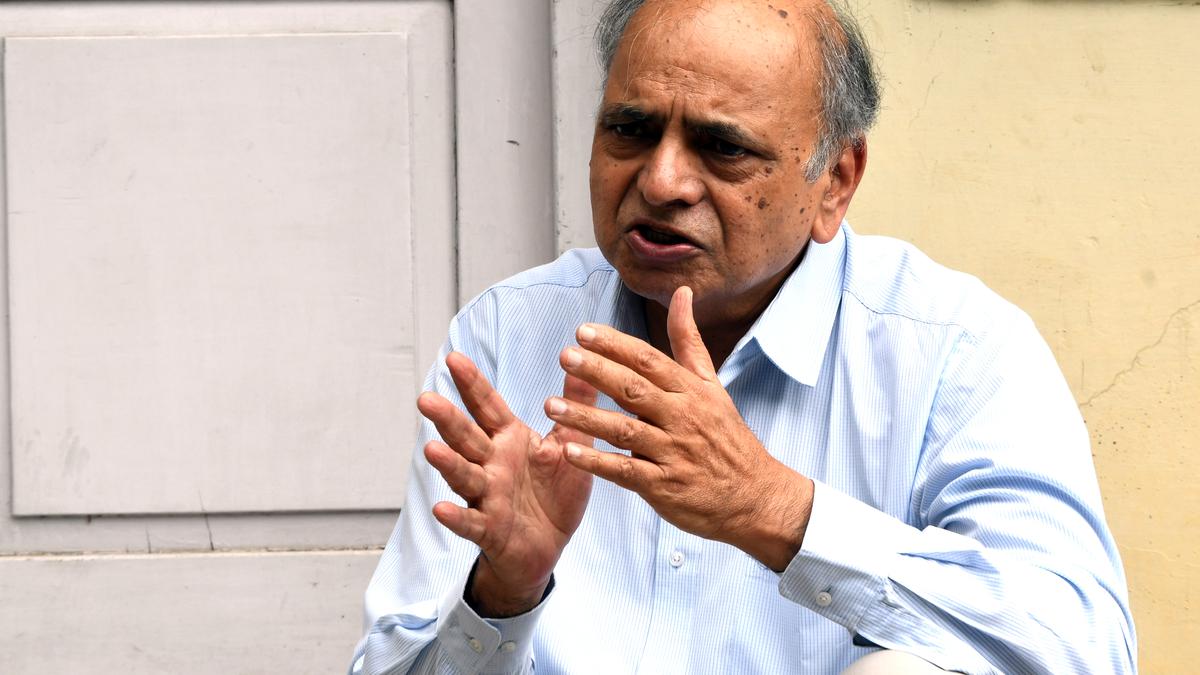
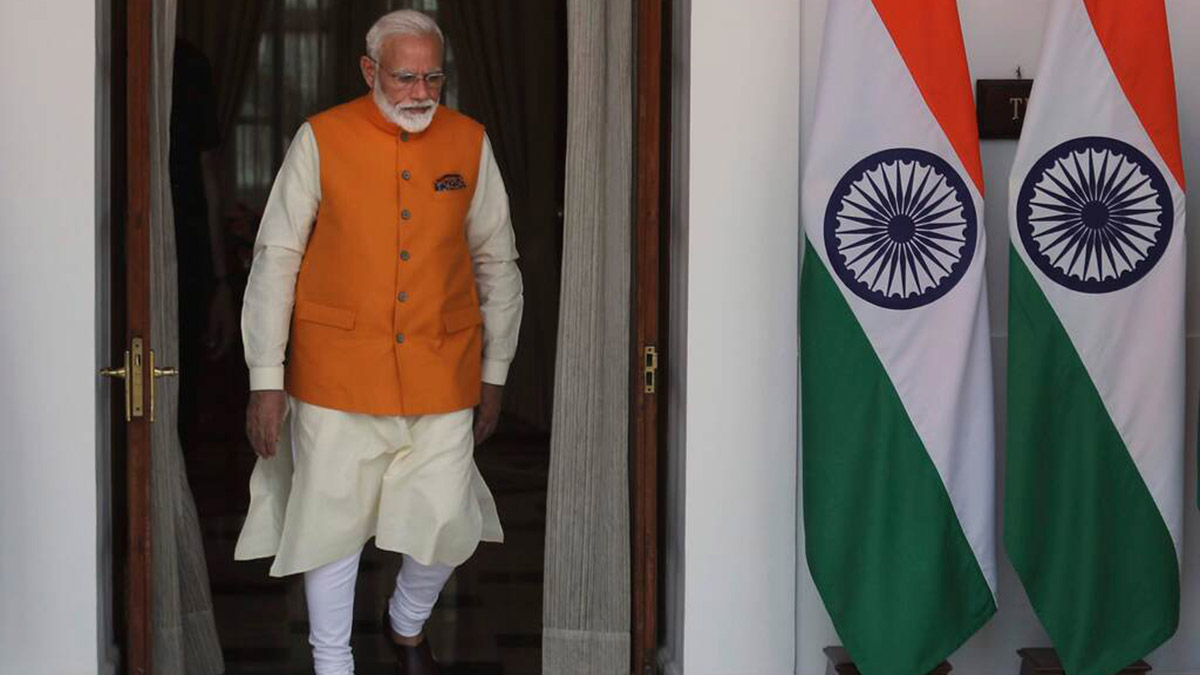)
